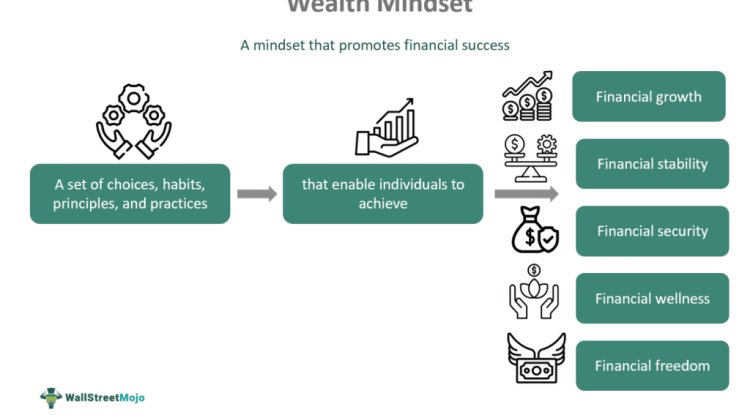Why Women Still Earn Less Than Men — And What Smart Women Are Doing About It
Discover 15 real-world factors behind the gender income gap — and how ambitious women can break financial ceilings through mindset, negotiation, and smart strategy.

Introduction:
Let’s face it—money talks.
And for decades, the conversation has been louder for men than for women.
Many believe the gender pay gap is purely discrimination, but reality is more complex. Studies show that while unfair bias still exists, a big part of the gap comes from choices, priorities, and systems that shape how women work and earn.
This post breaks down 15 real-world reasons women often earn less—and, more importantly, how smart, strategic women are flipping the script to win financially.
15 Reasons Why Women Earn Less—And the Lessons to Learn
1️⃣ Field of Study & Career Choice
Women dominate social and care-based industries that pay less on average.
Lesson: Learn to pivot. Tech, finance, and engineering reward skills—not gender.
2️⃣ Later Workforce Entry
Women often start careers later due to cultural or parental protection.
Lesson: Start early, even with internships or freelancing. Time compounds like money.
3️⃣ Working Fewer Hours
Data shows men work roughly 14 more hours a month.
Lesson: Target output-based pay, not hourly. Leverage productivity, not presence.
4️⃣ Lower Willingness to Compete
Many women prefer collaboration to confrontation — even when equally capable.
Lesson: Compete strategically. Ask for the promotion, bid for the project, and raise your hand.
5️⃣ Accepting Lower Starting Pay
Men negotiate; women often accept the first offer.
Lesson: Confidence pays. Research market value, and ask—your silence can be expensive.
6️⃣ Hesitating to Ask for Raises
Women are 4x less likely to request a raise.
Lesson: Make your value visible. Document wins, measure results, then ask for it.
7️⃣ Prioritizing Relationships Over Revenue
Many women choose harmony over hierarchy.
Lesson: Relationships matter—but don’t trade respect for comfort.
8️⃣ More Frequent Breaks & Vacations
Work-life balance is healthy—but it impacts annual earnings.
Lesson: Rest smart. Plan breaks around low-impact periods or automate income streams.
9️⃣ Family-Centered Choices
Many women leave work to care for family.
Lesson: Build flexible income—remote consulting, online business, or passive assets.
???? Post-Child Career Shift
Motherhood often reduces income growth; fatherhood can increase it.
Lesson: Negotiate flexible schedules before maternity. Protect your long-term earnings path.
11️⃣ More Home & Child Responsibilities
Women carry most unpaid labor at home.
Lesson: Share tasks, outsource, and automate—time is your highest-paying currency.
12️⃣ Early Retirement
Women retire about two years earlier, shortening total earnings.
Lesson: Start investing earlier. Time, not income, builds wealth.
13️⃣ Lower-Risk Jobs
Men dominate dangerous but high-paying roles.
Lesson: Take smart risks—lead projects, manage budgets, or move into leadership tracks.
14️⃣ Weak Maternity Leave Policies
In countries like the U.S., unpaid maternity leave impacts women’s earnings heavily.
Lesson: Work for companies with strong family benefits—or create your own flexibility.
15️⃣ Cultural & Bias Factors
Yes, bias still exists—even among women hiring women.
Lesson: Build undeniable proof of value. Numbers and results defeat prejudice.
Bonus Truth: Being “Too Agreeable” Costs Money
Whether male or female, people who avoid conflict often earn less.
Lesson: Be kind, but assertive. Speak value, not apology.
The Real Takeaway
Women don’t earn less because they’re less capable.
They earn less because the system rewards strategy, negotiation, and visibility — not just effort.
And the women who are winning today?
They’re rewriting the rules, mastering money, and claiming control of their financial destiny.
Closing Thought:
Money respects confidence, competence, and clarity—not comfort.
Every woman who learns to negotiate, invest, and lead is not closing a gap… she’s building a bridge for the next generation.
What's Your Reaction?




















